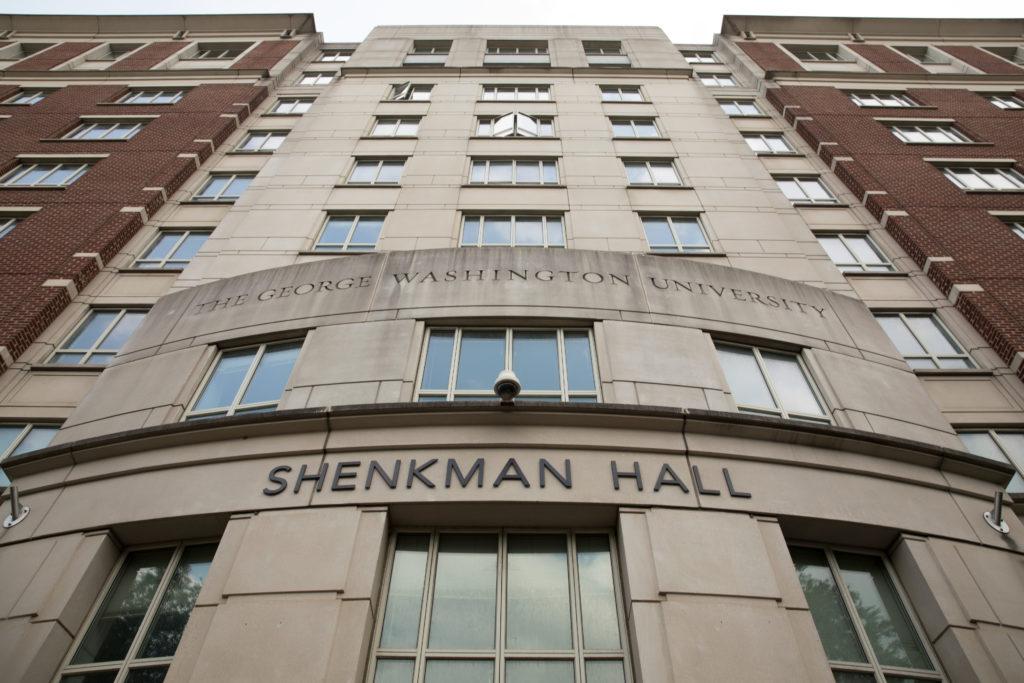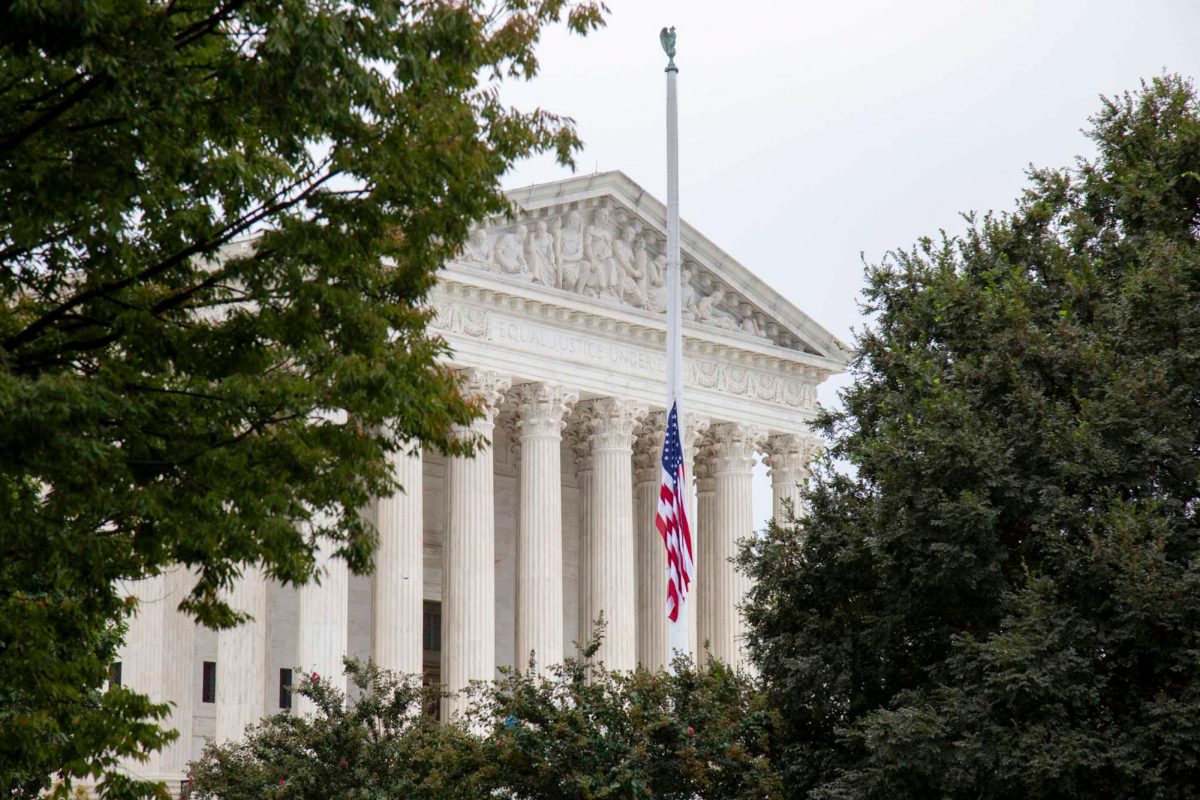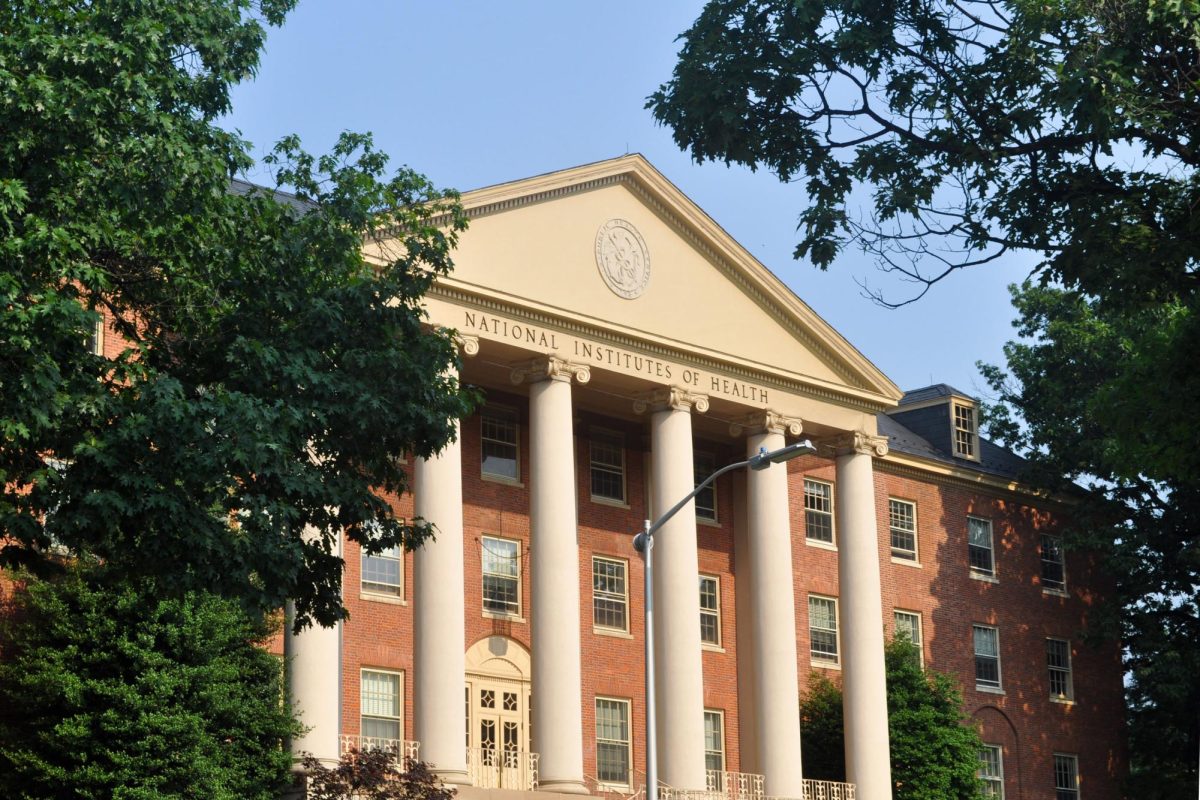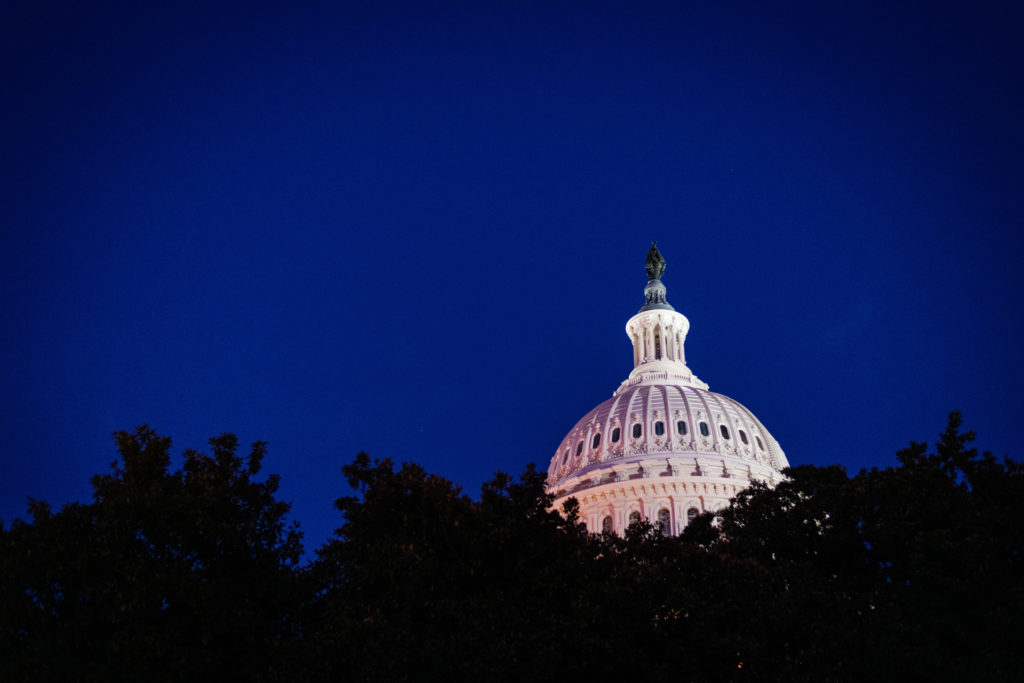Officials have completed upgrades to the University’s heating, ventilation and air conditioning systems as part of campus-wide facility improvements to prepare for the return of vaccinated students in the wake of the COVID-19 pandemic.
In an email sent to the GW community Monday, officials said they’ve equipped buildings with new air filters, cleaned campus spaces, conducted maintenance checks on mechanical systems and will perform air and water flushes to lower disease transmission risk and keep air quality clean. Scott Burnotes, the vice president for safety and facilities, Lynn Goldman, the dean of the Milken Institute School of Public Health, and Ray Lucas, the University’s COVID-19 coordinator, said the changes will make campus safe in the fall.
“We want to emphasize and reinforce with this message that our residence halls, classrooms, libraries, offices and other spaces are safe and ready for our community members to occupy,” they said in the email.
The email states that the HVAC upgrades abide by guidelines about buildings reopening from the Centers for Disease Control and Prevention and follow “industry-leading” recommendations from the American Society of Heating, Refrigerating and Air-Conditioning Engineers. Officials said the new filters are high-efficiency particulate air filters which can trap more than 99.9 percent of air particles smaller than 0.3 microns.
Members of the GW community are preparing to return in much greater numbers than the 1,500 students who occupied residence halls this spring with all vaccinated students, faculty and staff receiving access to campus this fall.
When students return to campus, most buildings will feature hand sanitizer stations at entryways and hand wipes will be found at food venues and computer labs, according to the email. Officials said they’ve cleaned campus spaces on an “ongoing” basis throughout the pandemic, including common areas like shared kitchen and pantry areas.
“We continue to prioritize critical health and safety maintenance projects and address any potential health issues associated with the prolonged closure of certain buildings,” the email states.
Officials said they’ve also updated public health signs on campus with help from property management groups and continued their “preventative” pest control services to prepare for the campus reopening.








